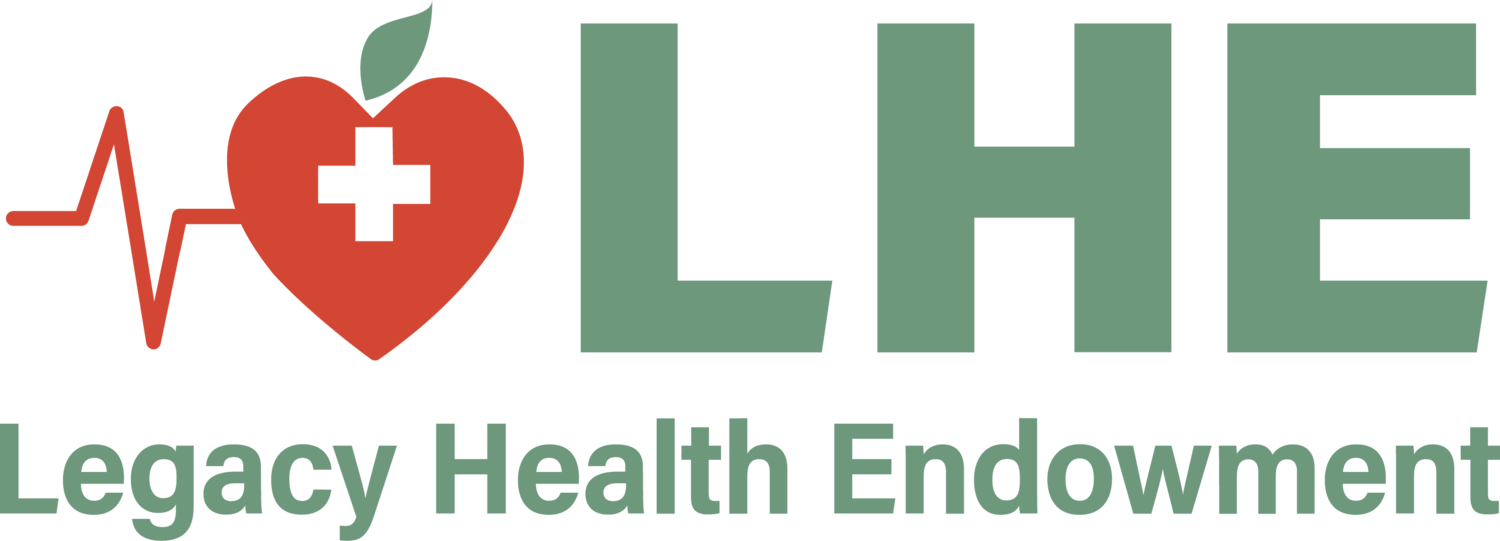Officials urge mental health awareness during pandemic
While everyone works to maintain good physical health during the pandemic, experts say it’s also important to pay attention to mental health.
The COVID-19 pandemic has caused mental health issues for many people and ranges in spectrum from feeling anxious to falling into depression.
“Having anxiety or depression right now, given the circumstances we are in, is a reasonable thing to feel for all of us,” said Stanislaus County Behavioral Health and Recovery Services Director Ruben Imperial. “We’re all experiencing this event and we’re all experiencing it in different ways.”
In a recent article from the Journal of the American Medical Association, “The Mental Health Consequences of COVID-19 and Physical Distancing,” researchers pointed to other calamitous experiences that were accompanied by increases in depression, posttraumatic stress disorder, substance use disorder, a broad range of other mental and behavioral disorders, domestic violence, and child abuse.
“For example, 5 percent of the population affected by Hurricane Ike in 2008 met the criteria for major depressive disorder in the month after the hurricane,” the researchers wrote. “One out of 10 adults in New York City showed signs of the disorder in the month following the 9/11 attacks. And almost 25 percent of New Yorkers reported increased alcohol use after the attacks. Communities affected by the Deepwater Horizon oil spill showed signs of clinically significant depression and anxiety. The SARS epidemic was also associated with increases in PTSD, stress, and psychological distress in patients and clinicians. For such events, the impact on mental health can occur in the immediate aftermath and then persist over long time periods.
“In the context of the COVID-19 pandemic, it appears likely that there will be substantial increases in anxiety and depression, substance use, loneliness and domestic violence; and with schools closed, there is a very real possibility of an epidemic of child abuse,” according to the report.
The stay at home order is already having an impact on people’s mental well-being in the area. Stanislaus County Sheriff Jeff Dirkse said the department has been seeing an increase in alcohol-related crimes and suicide-related calls.
When looking at the Turlock Police Department’s calls between Feb. 15 to April 14 from 2019 and 2020, there has been a 9 percent increase in the number of calls related to people expressing suicidal thoughts, either for themselves or calling for a friend or family member. However, the number of calls for people attempting suicide in the same time period is down by 51 percent, said Turlock Police spokesman Sgt. Mike Parmley.
Imperial said social isolation can create a major stress on people’s mental health and that people should make a concerted effort to connect with each other either by phone or social media or video chats.
“It’s important that we continue to connect with others,” Imperial said. “All though we are physically distancing ourselves, it’s very important to make very intentional efforts to reach out and connect and to build support for yourself.”
MENTAL HEALTH RESOURCES
· Stanislaus County Behavioral Health & Recovery Services: 209-558-4600
· Suicide Prevention Lifeline: 1-800-273-8255 or www.suicidepreventionlifeline.org
· California Youth Crisis Line: 1-800-843-5200 or www.youthcrisisline.org
· Child Protective Services: 1-800-558-3665
· Crisis intervention and suicide prevention for LGBTQ youth: www.TrevorProject.org or 1-866-488-7386
· National Runaway Safe Line: 1-800-786-2929 or www.1800runaway.org
· Crisis Text Line: Test “EMM” to 741741 to text confidentially with a trained crisis counselor for free, 24/7
· National Alliance on Mental Illness: www.nami.org or 209-558-4555
· Virtual mental health services for Merced and Stanislaus county residents up to 25 years old: Contact A Step Forward, A Path to Wellness by email at astepforwardapathtowellness@outlook.com or by phone at 548-2356.
The Substance Abuse and Mental Health Services Administration has been allocated $425 million to support local mental health providers and Congressman Josh Harder has asked for immediate assistance for the Central Valley.
“I’ve heard from a lot of people who are really struggling through this and don’t have their normal support systems in place,” said Rep. Harder. “We need to make sure this funding is coming here to the Central Valley – we’ve already seen the terrible effects of mental health issues here and we need help.”
In an effort to help children and young adults deal with mental health issues, Legacy Health Endowment and their partners are launching virtual mental health services to Merced and Stanislaus county residents up to 25 years old during the coronavirus pandemic.
“This program was created to help increase access and remove barriers to mental health services for the local community,” said Legacy Health Endowment President Jeffrey Lewis. “For those without insurance, full payments will be waived using charitable dollars. These waivers will be available until June 2020 or until the Shelter in Place is lifted. Additionally, all copays will be waived using charitable dollars. At times like this, it is critical that people, and particularly children, have access to behavioral health services.”
Legacy Health Endowment is partnering with First Behavioral Health Urgent Care Center and A Step Forward, A Path to Wellness. All services are provided using a HIPAA compliant telehealth platform and all private insurance, Medi-Cal and Medicare plans are accepted.
“Our goal is to help community members in need. At times like this, everyone’s goal should be to help in whatever way they can,” said Director of A Step Forward, A Path to Wellness Manuel Jimenez.
Applicants must live in one of the following areas (proof of residency in an eligible zip code is required) in Merced or Stanislaus counties. Eligible zip codes include 95301, 95303, 95307, 95313, 95315, 95316, 95322, 95324, 95326, 95328, 95334, 95360, 95363, 95374, 95380, 95381, 95382, 95358, and 95388.
Anyone interested in accessing these services can contact A Step Forward, A Path to Wellness by email at astepforwardapathtowellness@outlook.com or by phone at 548-2356.
Anyone feeling anxious, depressed or needs to speak to a mental health professional, can be connected to the appropriate resources by calling Stanislaus County Behavioral Health and Recovery Services at 558-4600.

